When Your Health Becomes Politicized
Healthcare will remain on the front lines of the culture wars for the foreseeable future. Issues including abortion, Covid-19 mitigation and transgender care have clearly shown a red state– blue state divide. Doctors in one state can now face jail time for practices that are the standard of care in the state next door.
For millions of Americans, these fissures have engendered distrust of physicians, medical researchers and once-trusted institutions like the Centers for Disease Control and Prevention. While this trend is most noticeable on the far right, some groups—both liberal and libertarian— have also become increasingly skeptical of government health policies. In both red and blue states, political extremism degrades the quality of healthcare and medical research. Congress has exacerbated the divide by shifting health policy decisions to state legislatures and distributing funding for Medicare and other programs to states through unrestricted block grants. Further complicating matters, health insurance is regulated separately in all 50 states, with insurance commissioners or commissions determining where the money goes. Commissioners are appointed in 39 states and elected in 11, so healthcare decisions tilt with the political orientation in each state. This fragmentation could be resolved if the federal government set a national policy and provided every citizen the same healthcare services currently enjoyed by members of Congress.
We can expect distrust and partisanship among millions of Americans to continue in the near future, although the 2022 midterm election offered some tentative evidence that the majority of voters are tiring of politicians with the most extreme anti-science positions. The biggest change in the electorate was Gen Z, which turned out in larger-than-expected numbers and overwhelmingly backed progressive candidates, thwarting a widely anticipated “red wave.” But left-wing ideologues should take no comfort: Gen Z regards both major political parties as misguided. They’ll cross party lines to back policies and politicians they think will be most effective in addressing their major concerns: reproductive rights, climate change, racial and gender justice, and access to affordable, equitable healthcare.
-
3 YEARSAverage difference in life expectancy between liberal and conservative states
-
+ 30%Higher death rate from Covid-19 in red states vs. blue states
Politics and polarization have life-and-death consequences.
Jennifer Karas Montez
Professor of Sociology, Scholar in Aging Studies, Syracuse University
